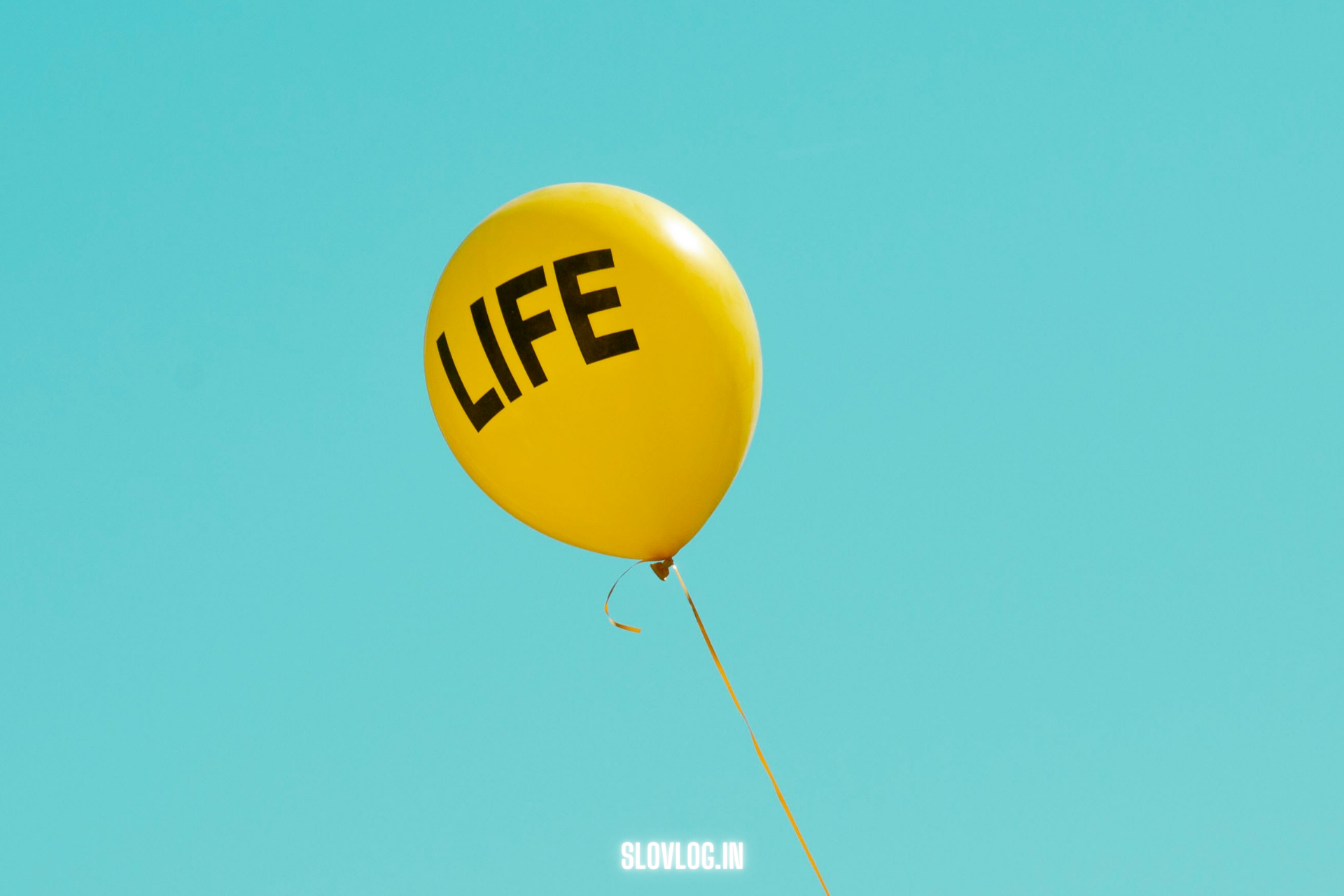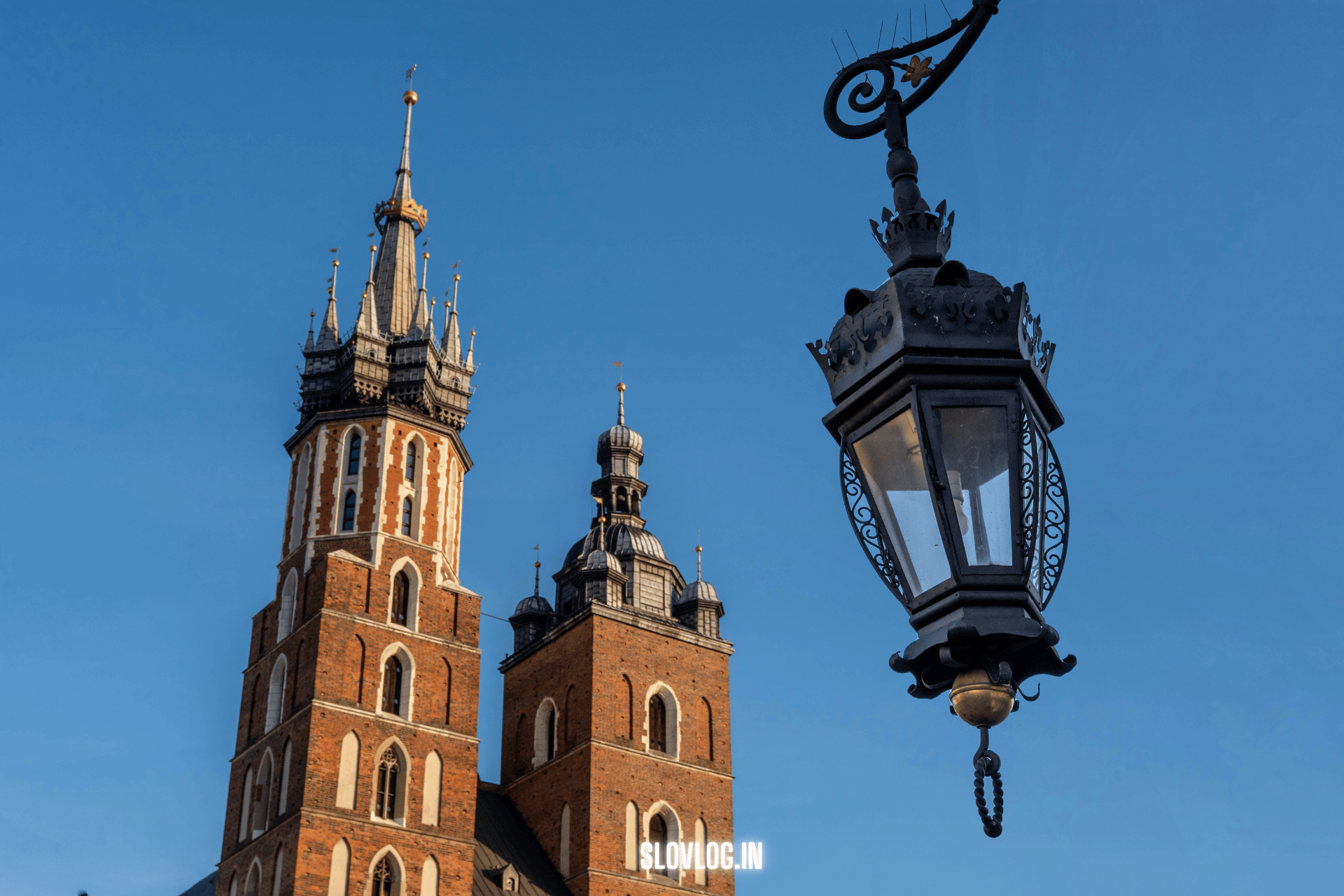Declutter Your Life, Declutter Your Mind: The Quiet Power of Simplicity
There’s a moment that happens when you walk into a quiet room after weeks of noise.
No piles of papers. No blinking lights. Just stillness.
You breathe differently there.
You think differently.
That’s what simplicity feels like — not sterile or minimal for the sake of it, but clear.
It’s the mental equivalent of opening a window and letting fresh air in after a long winter.
And according to science, that feeling isn’t just emotional — it’s biological.
The Science of Decluttering: Why Less Is More
Our brains weren’t built for modern clutter.
When your space is full, your attention splits.
Neuroscientists at Princeton University found that visual clutter competes for your focus, reducing the brain’s ability to process information efficiently.
Meanwhile, researchers at UCLA’s Center on Everyday Lives discovered that people with cluttered homes have higher cortisol levels — the stress hormone — and experience lower well-being.
Too many objects, too many choices, too much input — it all leads to decision fatigue and mental fog.
Practical simplicity begins small:
- Follow the one in, one out rule: if something new comes in, something old goes out.
- Try the 90/90 rule: if you haven’t used it in 90 days and won’t in the next 90, let it go.
- Declutter in five-minute bursts. Simplicity grows best in small rituals, not grand gestures.
The paradox of owning less is that you end up with more — more energy, more focus, more peace.
Digital Decluttering: Reclaiming Mental Bandwidth
There’s a form of clutter that’s invisible — the one that lives behind our screens.
The average person receives over 120 emails a day and spends more than seven hours online.
Every notification tugs at your nervous system. Every unread badge adds a drop of pressure.
It’s no wonder we feel mentally crowded.
Simplifying your digital world is one of the quickest ways to restore mental clarity:
- Unsubscribe from anything that doesn’t serve you.
- Archive or delete instead of endlessly sorting.
- Try a no-scroll hour — one hour a day where you’re offline, completely.
When you stop feeding the noise, silence starts to return.
And that silence feels like focus again.
Decluttering Your Schedule: Doing Less, Living More
We often clean our desks but not our calendars.
Yet an overcrowded schedule can suffocate even the calmest space.
A study from the Journal of Happiness Studies found that people who value free time over money report higher satisfaction and lower stress.
We say yes to everything — every meeting, every plan — as if being busy makes us important.
But in reality, it just keeps us distracted.
Simplify your time:
- Protect your hours like they’re physical objects.
- Say no with the same grace you say yes.
- Leave room for nothingness — the kind of time where creativity and reflection actually live.
Doing less isn’t laziness. It’s discipline — the discipline to focus on what truly matters.
Mindful Decluttering: Clearing Mental Clutter
Physical mess is easy to spot. Mental clutter isn’t.
But it’s there — the looping thoughts, the guilt of unfinished tasks, the endless self-comparison.
Research shows the brain produces over 60,000 thoughts per day, and around 80% are repetitive. Most don’t serve us.
Decluttering your mind starts by observing it.
Try this practice:
- Write down everything that’s on your mind — worries, plans, small details.
- Cross out what you can’t control. Circle what truly matters.
- Keep only what deserves attention.
Journaling and meditation aren’t trends — they’re mental cleaning tools.
They remind you that not every thought needs to stay.
The Joy of Living with Less
Minimalism has often been misunderstood as deprivation — white walls, empty rooms, and no personality.
But at its core, it’s not about what’s missing. It’s about what’s present.
Danish researchers found that people who embraced simpler lifestyles reported greater happiness and stronger relationships.
When you own less, you notice more.
When you commit to fewer things, you give them your full attention.
That’s the secret joy of simplicity — depth.
Depth in moments, in work, in connection.
To begin:
- Keep only what sparks genuine use or gratitude.
- Create a short “simplicity list” — a set of small daily habits that keep life light.
- Ask more often: Do I really need this?
The answer is often no.
And in that no, you find a surprising sense of freedom.
Common Questions About Decluttering
Will decluttering really reduce stress?
Yes. Research consistently shows that a clean, ordered environment lowers cortisol, boosts mood, and improves focus.
How do I start if I feel overwhelmed?
Start small — one drawer, one folder, one day at a time. Simplicity is built by consistency, not speed.
Is minimalism only about owning less?
No. It’s about intention — focusing your energy, time, and space on what adds value, and letting go of what doesn’t.
Final Thoughts: Simplicity as a Superpower
Simplicity is not about emptying life — it’s about making space for life to fill you again.
When you clear the noise — physical, digital, emotional — you rediscover a calm that’s been waiting under the surface all along.
Try this today:
Pick one small corner of your life — your desk, your phone, or your mind — and clear it.
Then sit with the quiet that follows.
That quiet is not emptiness.
It’s room for you.
Slovlog Insight
At Slovlog, we believe simplicity is not about having less — it’s about feeling more.
Less clutter means more clarity.
Less distraction means more presence.
And in a world built on noise, clarity has become the rarest form of luxury.












